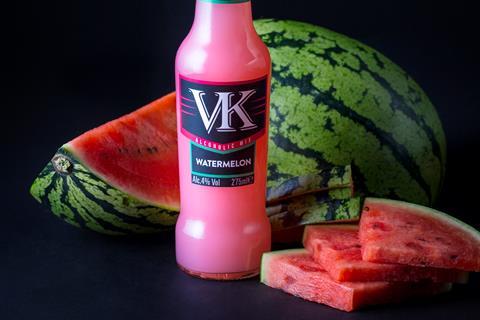
Drinks suppliers are putting investments on hold and preparing to change recipes as the impending ban on post duty point dilution draws close.
As of April next year, it will be illegal to pay duty on the alcohol in a drink before increasing its volume by diluting it - which is how many RTDs, fruit ciders and cheaper ‘British’ wines are made.
Global Brands CEO Steve Perez told The Grocer he had been forced to push back plans for the launch of a new £7m canning plant due to uncertainty caused by the impending change.
“We don’t know what’s going to happen over the next year and what effect it is going to have on consumer choice. So it’s very difficult to invest.” However, he added, while it was almost certain there would be a “price shift”, he had “been surprised at the price elasticity of some of the brands”.
Global Brands was looking into developing categories such as spritz-style drinks, which aren’t made using PDPD, he added. “We are absolutely flat out with innovation and are looking at all sorts of stuff.”
He called the ban on PDPD “grossly unfair on customers”, and warned it could make many lower-abv products more expensive than their higher-abv counterparts.
“We are hopeful the government will realise that this is going against their own strategy.”
Broadland Wineries, meanwhile, which sells a wide range of ‘British’ made-wines, said it would “be tweaking the recipes” of some of its products, though these changes would not filter through into Broadland’s production processes until next April.
Broadland has also spent the past year diversifying its product range with the addition of more premium brands, a slew of distribution deals and a new division of the business dedicated to low and no-alcohol drinks.
“I would say that the loss of PDPD has only increased our belief in rigorous consumer research and testing for brand and product development, and sharpened our creativity,” said Broadland Wineries CEO Mark Lansley.








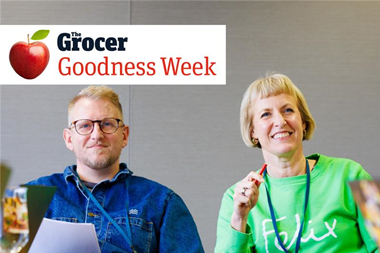
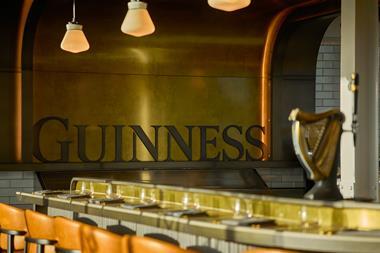
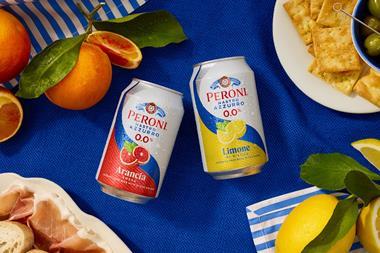

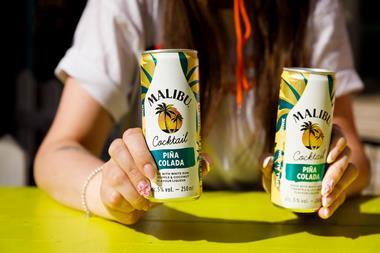






No comments yet